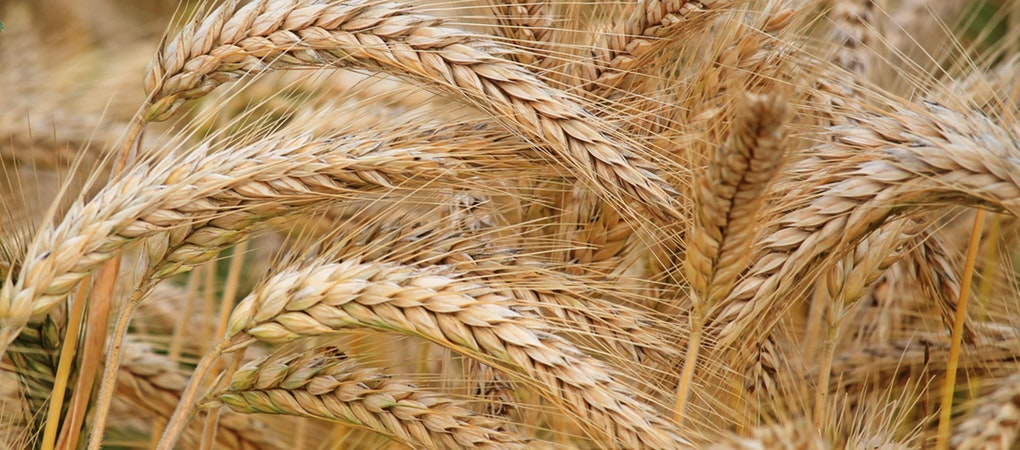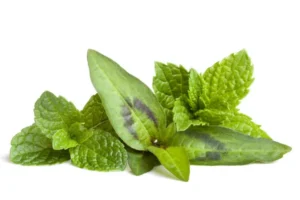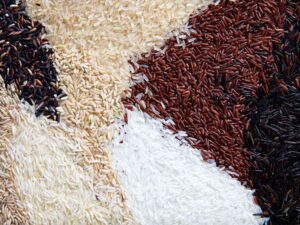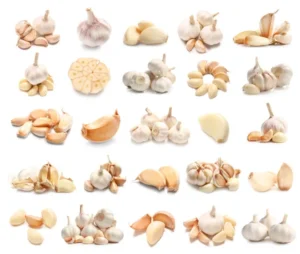Are you getting very low crops yields despite following proper crop management practices in your farm? The cause may be growing low quality planting seeds. There are no good crops without quality seeds. In this blog we give you an ultimate guide to choose the best planting seed or variety for your garden.
How do you choose the best planting seeds for your farm? Price and brand of the supplier should not be the only considerations. In this blog learn the key factors to consider while choosing the certified seeds for your farm.
Types of seeds you need to know
Seeds are categorized into various categories. They include
- Heirloom Seeds: These seeds are grown and saves for generations within a family, tribe or a gardening community. These seeds are considered valuable for a particular reason such as a superior flavor, high productivity, hardiness or adaptability to the area they are grown.
- Hybrid/ F1 seeds: Hybrid or Filial one (F1) seeds are a cross bred of 2 different crop varieties to get an offspring with a desired trait. They are preferred by commercial farmers for these features like improved growing vigor, ear maturity or disease resistance
- Open pollinated seeds (OPV): OPV seeds are produced in fields with no restriction allowing for unrestricted pollination of plants by insects birds and wind. As a result, the seeds are diverse and more fit or adaptive to your local climate and growing conditions.
- Improved seeds: Improved seeds are made my cross pollination to give growers more dependable and superior results. A seed may be improved to improve germination rate, harvests etc.
- Organic seeds: These are produced for sale without the use of chemical or synthetic herbicides, pesticides and fertilizers. The seed company will use an organic certificate to target earth friendly and ecological conscious growers.
- Genetically Modified (GMO) Seeds; GMO seeds are produced in controlled lab conditions. The seed is genetically engineered or improved using a transgenic technology. Such seeds can be tailored to acquire different traits like resistance to pesticide, fighting pests or diseases etc.
Other seed types are Bio-Dynamic Seeds and the dyed seeds.
Have you read?
Mbegu Choice the free seed selection app in Kenya & Uganda
Best onion seeds to grow in Kenya
How to choose the best seed variety for you
Why do you need to buy certified seeds from one of the listed seed companies in Kenya? The following list has considerations for choosing best planting seeds. It includes your farm location, seed variety features, and supplier reputation among others.
Auitable for your area using a seed selection tool such as mbegu choice.
Seed Variety Features
Seed Companies improve their seeds each year to suit the current market needs. These improvements include the growing time and post-harvest qualities. The Kenya Plant Health Inspectorate Service (KEPHIS) approves those varieties for breeding and commercialization in the country. As a farmer, Buy a variety that has features closest to your buyer or market expectations. This makes sure you will have a ready market and fetch make more profits by growing what the market needs.
High Yield potential
this is the total yields you can get per acre e.g., 90 kg bags/acre if ample rainfall and crop nutrients are available and proper agronomic practices are observed. A seed with higher Yield potential is desirable
Days to maturity
These are days it will take to harvest your product after planting. In areas with rain stress, grow an early maturing seed variety. You will make higher yields and profits before dry spell can set in.
Product qualities
different varieties have different market qualities such as thick skin, susceptibility to bruising, colour, longer shelf life among others. To make this choice, consider the reason you are farming. Is it for commercial or subsistence reason? if you are farming for the market go for a feature that promises the highest marketability.
hybrid seed varieties
To note is that Open-pollinated (OPV) seeds can be replanted to the third season and has a relatively lower yield than hybrid seeds.
Disease Resistances or Tolerances
Though this is part of plant features above, it’s such a critical factor for yield and profitability. Climate change is a major threat to agricultural production today. It affects the severity and frequency of floods, droughts or pest’s infestations on your farm. To fight those threats, plant a modified seed variety with tolerance to droughts, floods or specific pests and diseases.
When shopping for certified seed, get one that has desired tolerance e.g drought tolerance/fast-maturing seeds as insurance for successful growth to maturity. This will cushion you from possible crop failure to either excessive rainfall, long dry periods, resistant weeds, diseases or pests.
Company reputation
A strong seed company brand shows wide acceptance and adoption of her quality seeds. Though companies spend heavily in marketing, you should not fall for that. Consider feedback from other farmers in your region and extension officer’s recommendations. Where company profiles are available online seek for consumer ratings and reviews for a truer picture of the company’s reputation.
Package size
To cater to various farmer needs, seed Companies offer seeds in various pack sizes. The supplier enjoys higher profitability, whereas the farmer can afford quality seeds to his need. While shopping for best seed variety, consider an appropriate package you can afford and suits your current needs.
Buying seeds for a specific need saves you money. Besides, you avoid wastage where seeds under your care might expire or end up destroyed by pests. For instance, in Kenya seed market, vegetables like spinach, kales cabbages and onion seeds are packed in packets of 10, 25, 50, 100, 250 and 500 grams. A kitchen garden farmer growing kales on one sack may just buy 10 grams to avoid wastage. A commercial greenhouse farmer can buy several 500-gram tins.
Availability of Price and government subsidies
Though Cost is not among the key considerations, affordability is a choice factor between seeds of two similar features.
Given the importance of certified seed and fertilizer, government and NGOs intervene in the formal seed market through subsidies. The goal is to make seeds affordable to low-income earners. You can benefit from accessing certified seed and save money.
To enjoy higher value you’re your money, consider buying your seeds in bulk before the planting season sets in.
Accredited supplier
There are manty seed companies in Kenya. Yet, you find the seed market flooded with counterfeit and fake seeds. To access the quality ones buy only from an authorized or accredited agrovet shop (wholesaler/retailer) only. You can find one by a displayed banner or KEPHIS ECS certificates of accreditation in their premises. Buying from a credible regional supplier has additional advantages like access to input credit, crop insurance and free transport to your farm.
Where to Buy certified seeds
If you are looking for planting seed for sale, start by an online seed selection platform or mobile app to determine which seeds are most suitable for your area. If you are in Kenya or Uganda you can use the mbegu choice free app by the seed traders association.
Always buy your farm inputs from a reputable supplier or order them online on am e-commerce site you can have the goods traced back to the seed company. Another tip to get genuine seeds is to send a message to the seed company to check on the package authenticity and validity.
Reasons you should plant certified seeds only;
Planting quality seeds will reduce your farming costs in crop management and give you higher crop yields. However, as a farmer, you may be duped by unscrupulous traders to buy fake or counterfeit see. Fake seeds are poor in quality and they have poor yields just like uncertified seeds as expressed below.
- You might plant old seed varieties that cannot stand current diseases, pests, and soil and weather conditions. This makes you vulnerable to crop failure due to weather or pest stress.
- Your seeds are unsuitable for your agro-ecological zone. (e.g. planting a lowland seed variety in a highland region)
- You have second-generation hybrid seeds whose productivity decline after each harvest. Hence you should be buying fresh seed each season.
- You are propagating Open-pollinated variety (OPV) seeds that can only be replanted to the third season. You must buy fresh seeds in the fourth season.




